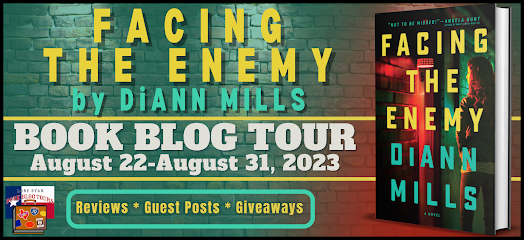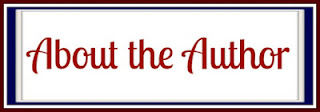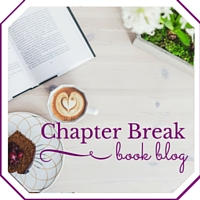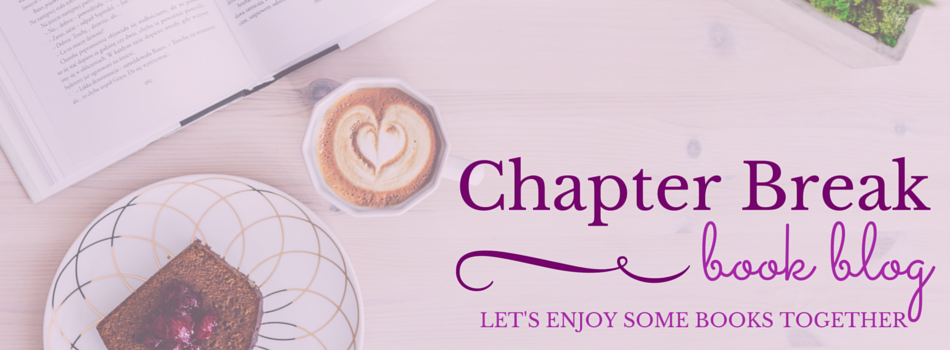



“Writing Research Isn’t for the Faint Hearted”
Guest Post by DiAnn Mills
Research is a part of writing that is exciting, fun, educational, unpredictable, and sometimes dangerous. I believe a writer who explores research, explores life—and life is story.
Will Harvey: “What is research but a blind date with knowledge?”
I’m determined to create an entertaining plot and develop a story that is true to the culture, setting, time, era, and worldview. That requires research. I believe in stepping outside the boundaries of my comfort zone. I’ve traveled to South Sudan, rode along with the Border Patrol, interviewed serious treasure hunters, interviewed a Secret Service Agent, interviewed a Texas Marshall, become involved with the FBI and their Citizens Academy Program, the ATF Citizens Academy Program, spent hours reading through CDC files, talked to doctors, lawyers, pilots, and journalists. I’m constantly investigating new ways to ensure my novel’s contents are accurate.
Albert Einstein: “If we knew what we were doing, it would not be called research, would it?”
What does a writer need to carry out authentic research?
- A positive attitude.
- A temporary personality from an introvert to an extrovert.
- Inquisitive mind that focuses on a character. That means a list of questions that demands answers.
- A wild-child streak.
Albert Szent-Györgyi: “Research is seeing what everybody else has seen and thinking what nobody else has thought.”
Sensory Perception
Authentic fact-finding enlists sensory perception, and the resulting words on a page can draw readers into our story world. During a research visit, I take lots of notes and snap pics. Bring along a recording device for interviews with people who live there. A writer who visits her setting has the advantage of sensory perception while walking the same earth as the character.
See
What the writer sees while conducting research takes many facets or dimensions. Seeing physically means documenting all those details the writer deems necessary about the story world—yet knowing only one or two items will be necessary.
But sight is not limited to the physical realm. Consider what’s in the mind’s eye. A writer’s imagination weaves what she sees with how she will use the information.
Or a dream.
Logic is another part of seeing the setting. Will the information build realism and story credibility?
Memories can add a personal touch or help us sort out truth and logic. Writing Facing the Enemy helped me heal from the loss of a child and recall the fear of adopting a child.
Hear
What does the writer hear when conducting research? Listen to the sounds of nature. Study the culture, the unique vocabulary, the subtleties, the laughter, and the tears. Writers tune their ears to the dialect of the people within their setting.
Taste
Communicate local flavor by evoking a sense of taste. Food and drink bring a richness to our writing. Ever watch a travel show? By showing a restaurant, a food vendor, or a meal in someone’s home, we offer insights into that culture. The character’s experience with unusual tastes can also evoke fear and confusion.
Smell
Dig into the traditions and customs for the setting’s smell, whether offensive or enjoyable. The sense of taste and smell weave memories for us and our characters. The link often means the two are inseparable.
Touch
Researching through touch means brushing our fingers across the vegetation, dipping our feet into the water, petting an animal, or embracing someone or something different. Experience the surroundings. Pick up a baby or hold a hand. Laugh. Cry. Touch pulls us into someone else’s world. This may be difficult, but it always brings a reward.
Be sensitive to the area. Use fictitious names and places to avoid offending the residents. A writer wouldn’t want a serial murderer living on a real street or citing damaging information about prominent people and places.
Sometimes the writer can’t visit a story’s setting. Libraries hold a wealth of information. Websites offer incredible insight, but make sure your online research is verified in at least three places before documenting it in your story. Pick up the phone and call the area. The Chamber of Commerce often has more information on a subject than any website. Churches, diners, museums, libraries, newspapers, and historical societies are rich sources of information.
A note of caution. Research is not about the writer’s display of knowledge, but an opportunity for readers to experience the story through the eyes of characters who live and walk the adventure. Use only the information the character needs and in his/her point of view. My readers deserve an unforgettable adventure. I want to ensure details to touch hearts and lives.
If a story isn’t accurate, the reader will recognize the flaw and toss the story aside.
Research can be a terrifying process or an enjoyable journey. I choose to treasure every minute of it.



|
08/22/23 |
Notable Quotables |
|
|
08/22/23 |
Review |
|
|
08/23/23 |
Guest Post |
|
|
08/23/23 |
Review |
|
|
08/23/23 |
BONUS Stop |
|
|
08/24/23 |
Guest Post |
|
|
08/24/23 |
Review |
|
|
08/25/23 |
Review |
|
|
08/26/23 |
Review |
|
|
08/27/23 |
Guest Post |
|
|
08/28/23 |
Review |
|
|
08/28/23 |
Guest Post |
|
|
08/29/23 |
Review |
|
|
08/30/23 |
Review |
|
|
08/31/23 |
Review |
|
|
08/31/23 |
Review |
Note: Some posts may contain affiliate links. Should you choose to purchase a product, we will receive a small commission for the sale at no additional cost to you. Chapter Break is a participant in the Amazon Services LLC Associates Program, an affiliate advertising program designed to provide a means for sites to earn advertising fees by advertising and linking to Amazon.com.







Thanks so much for featuring my book and article on your blog site. I appreciate you!
Thanks, DiAnn
Thank you so much for featuring my book and posting my article! I appreciate you.
Great guest post — I love the necessity of a “wild-child streak” to be a good researcher. I get that! Thanks for sharing this & this awesome book. I’ll be reading it with my ears when the audio comes out.
Agreed on the audio, Kristine!